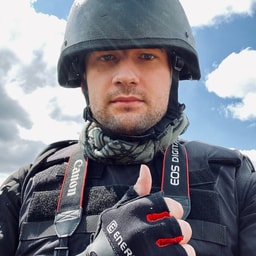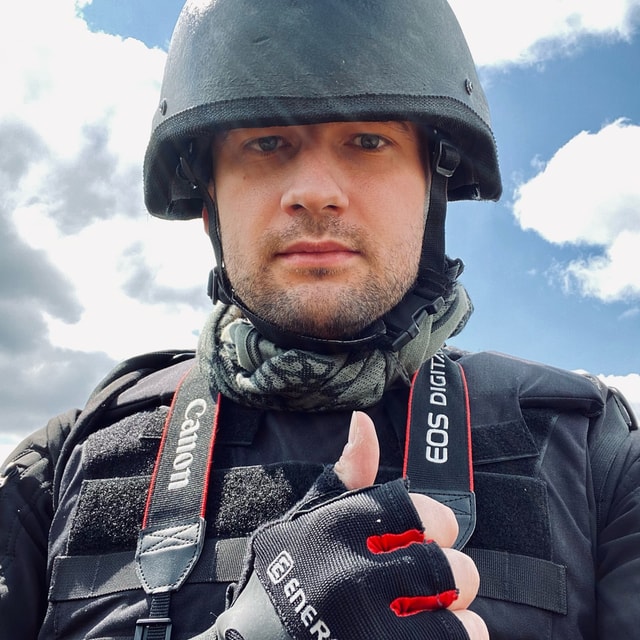Russia has 122,000 troops close to Ukraine's border

Russia currently has nearly 122,000 troops deployed within 200 kilometers of the Ukrainian border, according to Oleksiy Danilov, Ukraine's National Security and Defense Council secretary.
Russian manpower deployed within 400 kilometers is estimated at 143,500, the official said on Dec. 22.
Ever since Russia launched its undeclared war on Ukraine in 2014, the situation along the Ukrainian-Russian border line has never been calm, but the Ukrainian leadership "has the situation under control," according to Danilov's statement.
"We understand what's going on over there," Danilov said. "And in the event of escalation -- and this can't happen in a moment, for instance just today -- we need to get prepared and we keep track of what's happening."
Russia caused the latest security crisis in the region by concentrating over 100,000 troops along Ukraine's border and the Russian-occupied territories starting in November.
The rapid buildup raised alarms in Kyiv and in the West over a possible large-scale invasion, which, according to Ukrainian and Western intelligence, might be launched in January or February. The Kremlin publicly advanced threats and demands against Ukraine's NATO membership.
In spite of multiple warnings from the U.S. and European powers and U.S. President Joe Biden's Dec. 7 talks with Russian President Vladimir Putin, Russia has made no moves to de-escalate.
According to NATO head Jens Stoltenberg, as of late December, the Russian military building has not been halted and, in fact, is continuing. On Dec. 21, the Alliance chief called on Moscow to hold a new NATO-Russia Council meeting and set up dialogue about the crisis.
On Dec. 17, the Kremlin published two draft treaties it allegedly suggested to the U.S. and NATO. The pacts demanded for the West to withdraw its military presence from Central and Eastern Europe and provide formal guarantees that the Alliance would not expand in the region, especially into Ukraine.
Meanwhile, according to reports in the U.S. media, the Biden administration is considering aid to Ukrainian forces that might wage guerilla warfare against the Russian military in the event of an occupation.









